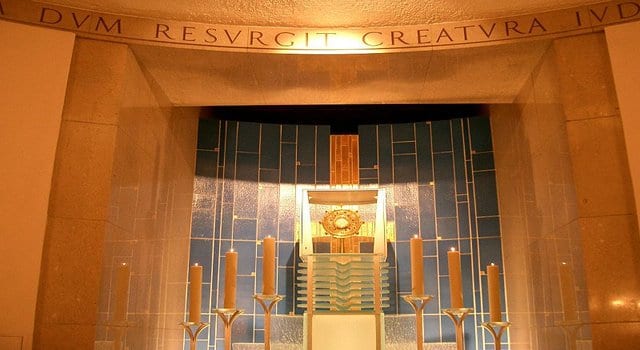“They cried unto the LORD in their trouble, and He brought them out of their distresses.” (Psalms 107:28)

The Bible teaches us that it is human nature to cry out to God in times of distress, and assures us that he is listening. For many, there is no time more distressing than when a loved one is hospitalized. Hospitals around the world have instituted chapels for just this reason. But how would you feel if your religion was excluded from the services offered in your hospital? Salim Nasser, an Israeli Muslim Arab, was confronted with just that when he visited a sick family member in Tel Aviv’s Ichilov Hospital recently. He filed a petition with the high court, which responded by asking the Health Ministry to establish rooms for non-Jewish worship in six major hospitals across the country within the next 18 months.
Health Ministry director general Roni Gamzu assured the court that the rooms would be established in Ichilov, Sheba (Tel Hashomer), Beilinson (Petah Tikva), and Hadassah-Ein Karem (Jerusalem) hospitals. The two other hospitals, Rambam (Haifa) and Soroka (Beer Sheva), already have such spaces. Gamzu also stressed that he first discussed the issue in 2011, supporting in principle the position that hospitals establish alternative prayer spaces so members of every religion could worship freely. At that time, the director of the Western Galilee Hospital in Nahariya, Dr. Massad Barhoum, the first non-Jew to head a government hospital in Israel, caused an uproar when he stated his intention to establish a Muslim prayer room, or musallah, on hospital grounds.
The state also said it would examine the possibility of opening musallahs in smaller hospitals, as well. Other hospitals which already have them include Ha’emek in Afula, Poriya near Tiberias, and Hillel Yaffeh in Hadera.
[box type=”shadow” ]Prayer is a hot-button issue in Israeli society today. Click here to read about the fight over prayer and Daylight Savings Time in Israel.[/box]



